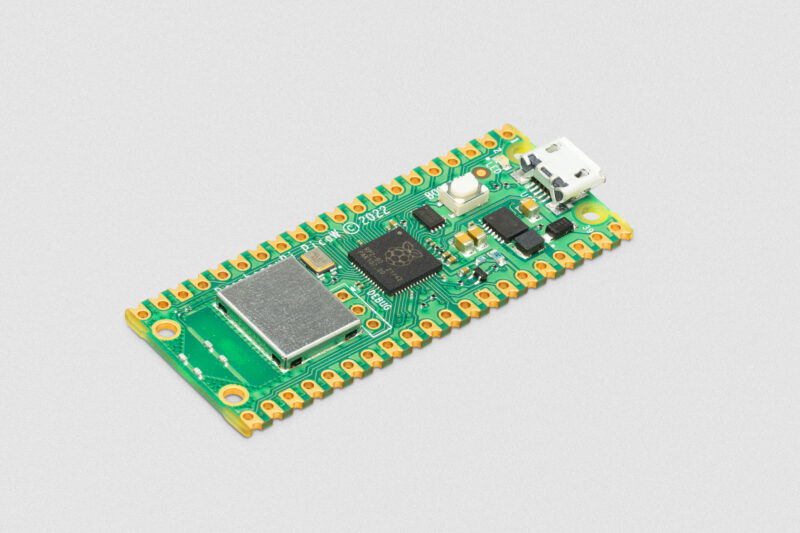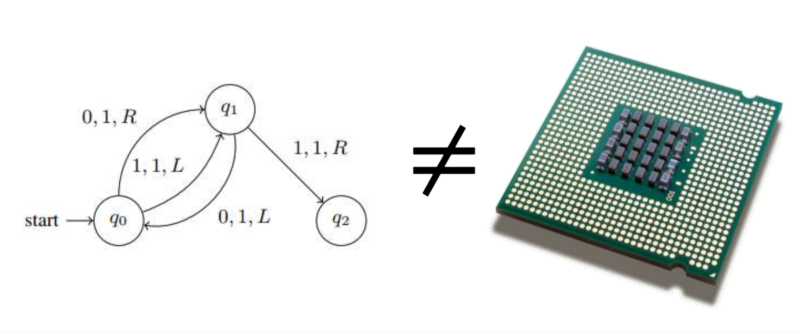Putting the C in C64

Older CPUs and some fairly modern microcontrollers are not made to readily support C compilers. Among those are the 1802, some 8-bit PICs, and the 6502 at the heart of …read more Continue reading Putting the C in C64
Collaborate Disseminate

Older CPUs and some fairly modern microcontrollers are not made to readily support C compilers. Among those are the 1802, some 8-bit PICs, and the 6502 at the heart of …read more Continue reading Putting the C in C64

Older readers and those with an interest in retrocomputing may remember the days when a computer might well have booted into a BASIC interpreter. It was simultaneously a general purpose …read more Continue reading Self-Hosted Pi Pico Development

How many instructions do you need to successfully compile C code? Let’s see, you’d need some jump instructions, some arithmetic functions, and — of course — move instructions, right? Turns …read more Continue reading One Instruction to Rule Them All: C Compiler Emits only MOV
If you have worked for a large company — or even a small one — it might seem that you spend more time writing PowerPoint charts than programming. [Tom Widenhain’s] video asks the question: Can we compile C into PowerPoint? Watch the video below to find out the answer. Would …read more
It wasn’t long ago that we introduced you to a web site, the Godbolt compiler explorer, that allows the visitor to compile code using a slew of compilers and compare their output. We suspect some number of readers said, “Wow! I can use that!”, while perhaps everyone else said, “Huh?” …read more
C is the most perfect language and it will run on anything. It will even run on a computer without a CPU.
The computer in question here is the Gigatron, a fully-functional ‘home computer’ the likes of which you would find in the late 70s and early 80s, complete with …read more
If you are writing a hello world program, you probably aren’t too concerned about how the compiler translates your source code to machine code. However, if your code runs on something that people’s lives depend on, you will want to be a bit pickier and use something like the COMPCERT compiler. It’s a formally verified compiler, meaning there is a mathematical proof that what you write in C will be correctly translated to machine code. The compiler can generate for PowerPC, ARM, RISC-V, and x86, accepting a subset of ISO C 99 with a few extensions. While it doesn’t produce …read more
If there’s one thing C is known and (in)famous for, it’s the ease of shooting yourself in the foot with it. And there’s indeed no denying that the freedom C offers comes with the price of making it our own responsibility to tame and keep the language under control. On the bright side, since the language’s flaws are so well known, we have a wide selection of tools available that help us to eliminate the most common problems and blunders that could come back to bite us further down the road. The catch is, we have to really want it …read more
Continue reading Warnings Are Your Friend – A Code Quality Primer